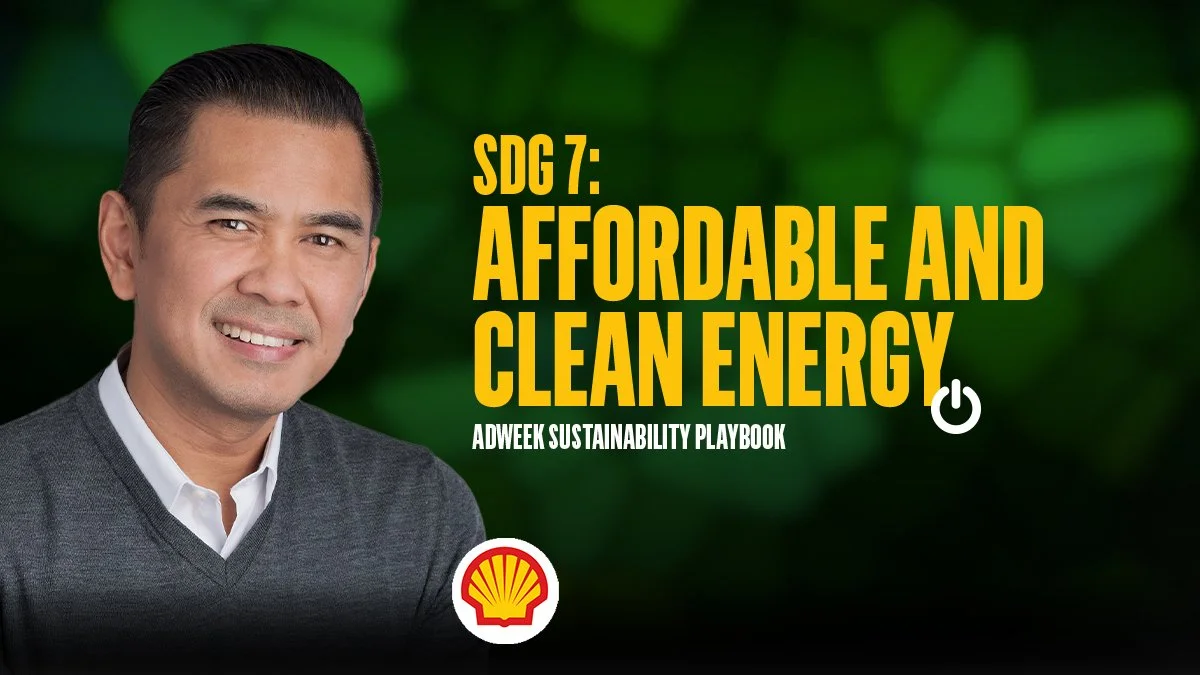Why Corporate Emissions Data is the Superpower for Effective Climate Action
I’ve taken a break from blogging for the last few months to collect my thoughts and find a better way to channel my frustration with climate news and redirect it to the optimistic side of climate action.
Although the science and politics have largely been discouraging, I’ve learned a lot from my fellow Climate Reality Leaders over the last few months — despite all the challenges from findings in the IPCC AR6 climate change report and discouraging conversations surrounding the upcoming COP26, there are grassroots organizations and volunteers in pockets around the globe that are doing more than their fair share and making a difference.
Our recent efforts have focused our entire Alameda County Policy Squad on an initiative originally drafted by our small group of 3. We are 3 people with various backgrounds in social justice, communications, technology, and construction, yet we all believe in the importance of building decarbonization — specifically of existing building stock (not just new construction). Our focus on collecting data, reading policy, analyzing opportunities, and drafting a coherent pitch made it possible to direct our squad of 15+ climate action leaders to huddle around policy-based solutions and partnerships. Our policy proposals aim to decarbonize building stock in East Oakland and West Oakland, where residents not only deal with outdoor pollutants but also indoor pollutants.
Over the past few months, we’ve invited local experts, including leaders from regional organizations like Menlo Spark and Marin/Sonoma Electrification Project to speak about policies that have been proposed, passed, or amended to fit the criteria of local government and the citizens they represent. During this process, I've personally learned the importance of data and presentation in passing or supporting any new policy. In essence, to pass groundbreaking policy, you need to help policymakers imagine a world where your policy has made a difference. That is — it’s important to paint the picture of today, but more important to show what our future looks like if we take directed action, and equally important about what that same future could look like if we don’t. The silver lining to the IPCC scenarios is that it does just that — what are the repercussions of accelerated climate action vs. status quo. How can we accomplish each scenario? With the IPCC scenarios articulated, cities, corporations, and communities around the globe have a chance to make calculated decisions based on the resources and knowledge they have.
That's why I've personally revisited corporate carbon accounting during my writing hiatus. I think there's something critically important about the data that drives our personal behaviors and corporations are no different. That is to say — although it's become more clear over the last decade that shareholder and leadership interests can influence consumer behavior with policy and product marketing, consumer behavior ultimately determines corporate and governmental behaviors.
Earlier this year, I wrote about how consumers are starting to vote for climate action with their wallets, and again about how people can measure their individual impact and contribute to climate solutions today. It's time we put the spotlight on corporations.
Shell's target is to become a net-zero emissions energy business by 2050, in step with society's progress in achieving the goal of the UN Paris Agreement on climate change.
Every day, I see a new business taking a climate pledge to "balance their environmental books" and commit to carbon neutrality, net-zero, etc. by X date. It's great to see the public commitments to a greener future, but every time I dig deeper, I'm faced with the growing reality that many pledges are nothing more than a CSR campaign. The science that goes into the neutrality claim is nothing more than offsetting Scope 1 emissions through purchasing offsets and calling it done. But it goes much further than that. Regulatory bodies like the CDP and SASB have begun to standardize reporting — accounting rules set by GHG Protocol, publishing criteria based on the TCFD, and targeting based on SBTi.
As with all climate action initiatives, there's more work to be done. Luckily, there's already a growing number of businesses working in the space to be hopeful about. Here are a few of the startups and consultancies in the carbon accounting and carbon markets sector that are hoping to provide a solution to this exact gap in simple accountability:
APIs - Patch, Pachama, Carbon Interface
Consultants - Normative, Carbon Trust
Carbon markets and carbon accounting is an interesting sector. Yes, quantifying emissions is critically important to making better decisions, but how can we take it a step further than throwing money at the problem? How can we avoid making offsets the poster child of "business as usual"? Can we make craft solutions that take the weight off of offsets and put it into improvements that reach neutral on a systemic level? How can we systematize our solutions?
"The only solution for climate change at this stage is defined by reduction of emissions." - Lubomila Jordanova, CEO, Plan A


